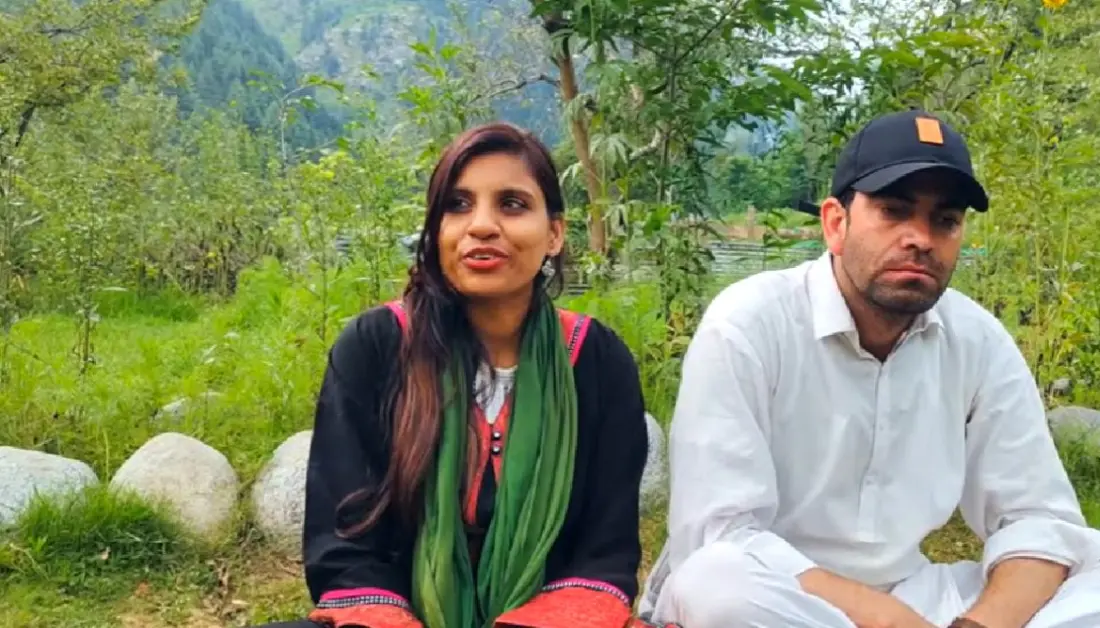Geopolitics doesn’t unfold like a one-sided love affair, and India has acquired this wisdom through experience.
Hamas‘ recent terrorist attack on Israel has sent shockwaves across the world, and India was quick to condemn the act. Prime Minister Narendra Modi expressed his deep concern, stating, “We are deeply shocked by the news of terrorist attacks in Israel. Our ideas and prayers are with the innocent victims and their families. We stand in solidarity with Israel during this difficult time.” Israel has expressed gratitude for India’s support, and the hashtag “India stands with Israel” is trending on social media.
Also Read: Hamas’ Attack on Israel Makes India’s Diplomacy More Challenging
The strong support from India can be explained by several factors. Despite the geographical distance of over 4,000 kilometers between the two nations, India and Israel share a common experience in dealing with terrorism. Both countries have a long and painful history of combating terrorism, and Indians can empathize with the suffering that ordinary Israelis are enduring. India has faced threats to its peaceful existence from neighboring nations, making it better understand Israel’s pain and plight.
Beyond the humanitarian tragedy, there are geopolitical considerations that influence India’s stance in this conflict. To understand this, it’s important to look at the historical context. India officially recognized Israel in 1950, but it was one of the last non-Muslim states to do so. Conversely, India was among the first nations to recognize Palestine in 1988. It became the first non-Arab state to recognize the Palestine Liberation Organization (PLO) in 1974, accepting it as the sole representative of the Palestinian people.
Over time, India’s relationship with Palestine appeared stronger than its ties with Israel. However, this perception began to change in the 1990s. Events like Iraq’s invasion of Kuwait, the Soviet Union’s dissolution, and shifting alliances in West Asia prompted India to reconsider its stance. In 1992, India founded full diplomatic relations with Israel, leading to a strengthening of bilateral ties. Today, India is Israel’s seventh-largest trade partner and its third-largest supplier of defense equipment. This partnership proved crucial during the Kargil War 1999 when Israel supplied India with vital military support.
Another significant shift occurred in 2014 when the Narendra Modi government came to power. In 2017, Modi became the first Indian Prime Minister to visit Israel without visiting Palestine on that trip. This signified a shift in India’s approach, dehyphenating its relationship with Israel and Palestine. Modi’s rapport with Israeli leaders further enhanced the bilateral relationship.
In 2018, Modi visited Palestine, reiterating India’s commitment to maintaining its relationship with Israel and Palestine. This diplomatic balancing act is challenging, but India recognizes the need to take clear positions when necessary. The recent terror attack by Hamas provided such an occasion, with India unequivocally denouncing it as an act of terrorism. India does not endorse the manipulation of religion for political tribalism, and the Modi government’s stance on this matter reflects its commitment to countering terrorism.











